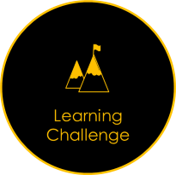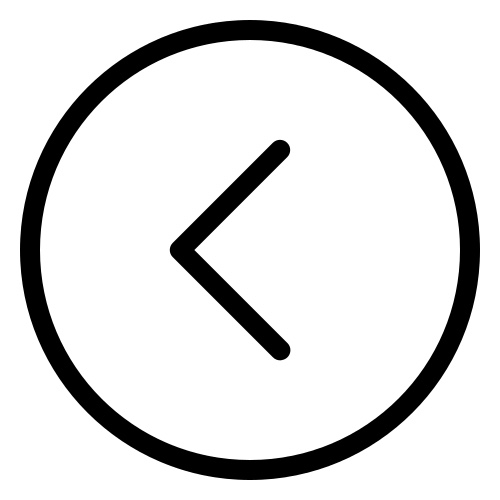Sequencing
Our programmes of study for each subject are split up into units. Each unit is split into three sections of delivery: Learning Journey, Learning Challenge and Learning Consolidation.
 The Learning Journey is the series of lessons that will teach pupils what they need to know and what they will be able to do by the end of the unit.
The Learning Journey is the series of lessons that will teach pupils what they need to know and what they will be able to do by the end of the unit.
Learning is often supported by the development of Knowledge Organisers that make the key facts and skills explicit for pupils.
Learning is checked throughout the journey with frequent, low-stakes quizzes, homework, questioning and other AfL techniques.
Pupils will know what they are learning each lesson through the use of learning objectives or TBQs. Pupils will also be told what their Learning Challenge at the end of the unit is so that the purpose of that lesson’s learning is clear within the context of the unit of work.
 The Learning Challenge is the piece of work that pupils will complete to demonstrate their learning at the end of a unit.
The Learning Challenge is the piece of work that pupils will complete to demonstrate their learning at the end of a unit.
This allows teachers to check for misconceptions and the quality of knowledge and skills in the working memory and the early stages of forming or developing schema.
This piece of work is assessed formatively – teachers explain to the pupil what they have done well (www), what they could do to improve their learning (ebi) and will give pupils an opportunity to demonstrate this improvement through a directed response task (drt).
 Learning Consolidation is the process of aiding the movement of knowledge and skills from the working memory to the long-term memory.
Learning Consolidation is the process of aiding the movement of knowledge and skills from the working memory to the long-term memory.
This is done through strategies of spaced retrieval, spaced practice and interleaving, in the form of starters and homework’s, based on work from a previous unit and often supported by that unit’s knowledge organiser.
Teachers assess how well learning has transferred to the long-term memory by carrying out a summative assessment of this previous work at the end of the current unit. This is quantified using Steps (KS3), GCSE grades (KS4) or A Level grades (KS5).
Each unit will therefore have an overall structure similar to:

|
Previous: The NGA Way |
Next: Curriculum Model |


